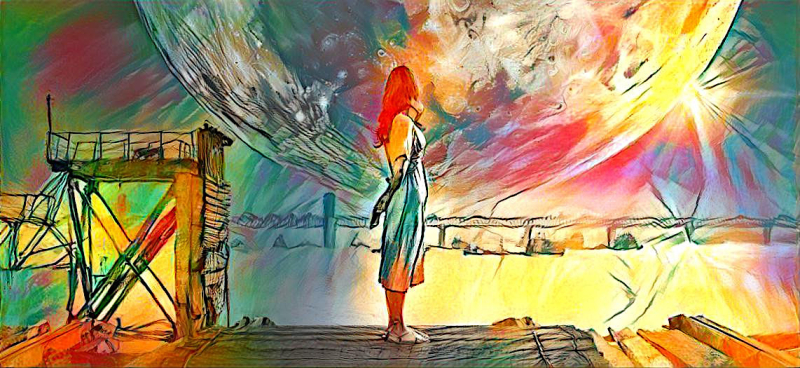Praising God in the storm

How did they do it?
In our Bible study, we take a look at some of the characters in the Bible,
Jesus, Joseph, David and Apostle Paul to try and understand how they sailed through.
Here are some notes from our Bible study fellowship.
Joseph.
Genesis 39:19-23. Joseph had the following endearing attributes;
-Fear of the Lord,
-Awareness of God’s presence. God had been with him in the dark moments, and past experiences of victories made him face his own storms better,
-Being faithful,
-Knowledge that he is honouring the Lord,
As the Bible says;-
No one whose hope is in the Lord will ever be put to shame. 1Pe 2:6, Rom 10:11. And,
Obedience is better than sacrifice. Proverbs 21:3
God could be with you but you might not be obedient, remember king Saul of Israel.
-Joseph allowed himself to be used by God.
Genesis 39:2
The Lord was with Joseph and he prospered, and he lived in the house of his Egyptian master.
Joseph shows a calm attitude in the storms of his life e.g.
He doesn’t complain much when his brothers attack him and later on sell him off.
He doesn’t go first thing to Potiphar to complain about Potiphar’s wife but lets fate take its course.
Even in prison, he seems impartial and not very insistent like in the case where he asked the cupbearer to plead Joseph’s plight to Pharaoh.
Lesson: To let God accomplish His work, learn from His patterns that are already there in your life.
David.
Psalm 28:1-9
David starts with a lament. Unlike Joseph, he doesn’t remain quiet when he feels as though God is afar, but instead, he is very elaborate. In some psalms, he freely suggests to God how his enemies ought to be punished including which parts of their bodies are to be harmed.
Still, at the end of these laments, David breaks out in song, praise, and thanksgiving. This is also unlike Joseph who quietly enjoys God’s deliverance in his heart.
Psalm 62:8
Trust in God at all times, my people. Tell him all your troubles, for he is our refuge.
Lesson: David doesn’t ignore the storm, he voices it, and ‘provokes’ God into action. He also doesn’t forget to praise and give thanks.
Paul.
Acts 14:19-23
Paul when he was Saul, was a busybody—inspecting the persecution of others and pursuing the people of the way to all corners of their dwellings at that time. He thinks he is helping God but as it turns out, it is too much energy for the wrong output.
Jesus finds Saul and now Paul, a changed man, goes through enough storms. Paul was busy converting men in prison, in captivity on a ship, at the temple courtyard, in front of his accusers and the list goes on. It seems that through the storms, there was never a dull moment for him. He(or God) turned the situation around into a sales pitch so to speak.
In Acts 14:19-23 we see someone who was stoned and left for dead rising up the next day to encourage others as if nothing had happened. This makes us conclude that it wasn’t Pauls’s build quality but God’s intervention.
Philippians 1:21-26
For to me, to live is Christ and to die is gain. If I am to go on living in the body, this will mean fruitful labour for me. Yet what shall I choose? I do not know! I am torn between the two: I desire to depart and be with Christ, which is better by far; but it is more necessary for you that I remain in the body. Convinced of this, I know that I will remain, and I will continue with all of you for your progress and joy in the faith, so that through my being with you again your joy in Christ Jesus will overflow on account of me.
God gave Paul great compassion for the lost and he reached out to them on overdrive!
Lesson: We go through the storms in the strength of the Lord, others will see this and praise God, not the survivor of the storm or their resilience, but God because of His supernatural interventions through us.
Jesus.
Luke 22:39-45
Jesus had foreknowledge of what was going to happen. He knows that the storm He is experiencing now, is necessary for the salvation of others. He sees the bigger picture.
Jesus encourages us to face tribulation with pride. Saying that suffering for His name’s sake will bring salvation. Mark 13:9-13
Jesus goes into prayer in His dark moment. It was customary for Him to pray at all times and we see that this doesn’t catch Him off guard. The only difference here is that he asks the disciples to pray as well.
Hebrews 11:2
Let us fix our eyes on Jesus, the author and perfecter of our faith, who for the joy set before him endured the cross, scorning its shame, and sat down at the right hand of the throne of God.
Lesson: To make prayer a habit, and involve others in the body/fellowship/church during hard times. To not expect or be disappointed by the lack of human backing but to do it anyway.
In conclusion:
Like Joseph and David, we should maintain our individualism. Storms shouldn’t change who we are and we shouldn’t pretend or put an act before God. Like Joseph, to know that God is faithful to accomplish what He said he will do. Like David, to cry out to God and to not forget to give him thanks even in the storm. Like Paul, to go through the storms in God’s strength and take advantage of a seemingly bleak situation and, Like Jesus, to make prayer a priority and involve the body of Christ to face the common enemy.

